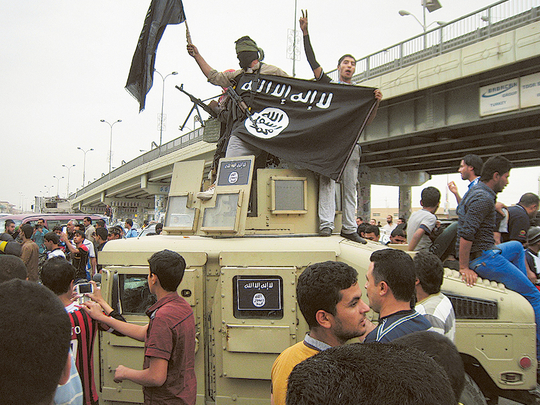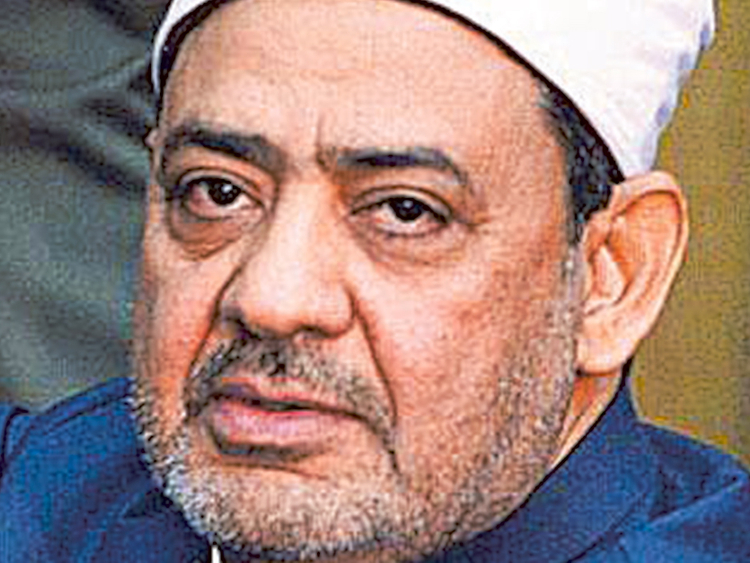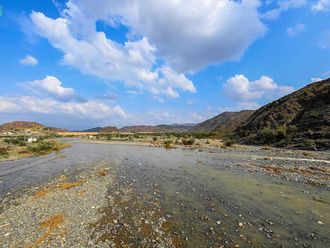
Manama: The head of Al Azhar, Sunni Islam’s most prestigious seat of learning, called on Sunday for education reform in Muslim countries in an effort to contain the spread of religious extremism.
Speaking at a counter-terrorism forum in the Saudi holy city of Makkah, Al Azhar grand imam Ahmad Al Tayib linked extremism to “bad interpretations of the Quran and the sunnah”, the teachings of the Prophet Mohammad (PBUH).
“There has been a historical accumulation of excessive trends” that have led some people to embrace a misguided form of Islam, he told the gathering.
“The only hope for the Muslim nation to recover unity is to tackle in our schools and universities this tendency to accuse Muslims of being unbelievers,” he said.
“I wish at least one course in our schools and universities paid special attention to correct erroneous and ambiguous concepts about critical issues, such as jihad, takfeer [accusing Muslims of being unbelievers or apostates] and divisions,” Al Tayib said.
Al Tayib’s comments come days after he expressed outrage at Daesh for burning to death a captured Jordanian pilot who took part in US-led air strikes against the militants in Syria.
On February 4, after Daesh released a video showing Muath Al Kassasbeh dying in a cage engulfed in flames, Tayib said the militants deserved to be killed or crucified.
On Sunday in Makkah, home to Islam’s holiest sites, he made no mention of Daesh but denounced “terrorist groups... who have opted for savage and barbaric practices”.
The opening day of the conference also heard a speech from Saudi King Salman who called for “an efficient strategy to combat terrorism”.
“Terrorism is a scourge which is the product of extremist ideology,” the monarch’s speech, read by the governor of Makkah, said.
“It is a threat to our Muslim nation and to the entire world.”
The three-day conference, organised by the Muslim World League group of non-government organisations, is being attended by senior clerics from across the Muslim world to discuss how Islam can combat extremism.
Earlier this year, Egyptian President Abdul Fattah Al Sissi called for what he termed as a “religious revolution” to eliminate age-old extremist ideas, which he said has become a source of “concern for the entire world”.
The call by Al Azhar’s grand imam had positive echoes in Bahrain.
Mohammad Abu Qais, an educator in Bahrain, said that massive campaigns should be launched to help people appreciate the dangers of extremism and fanaticism.
“The campaigns should be in all areas where people meet and communicate, from mosques to schools to stadiums,” he said. “Books should be closely monitored to make sure they include texts that are against any form of extremism or fanaticism, be it directly or through allusions. Mosques must not be used by any group to spread their views. There is a huge difference between teaching and brainwashing although they may be presented in similar ways,” he said.
Bahrainis said that the views announced by Crown Prince Salman Bin Hamad Al Khalifa last week, were part of the need for new attitudes.
In an opinion piece for the Daily Telegraph, Prince Salman said terrorism was “merely a tool of twisted ideologues... and if we’re meaningfully to address this spiralling global threat, we need to widen our understanding and define our foe, in order to refocus our efforts accordingly.”
“If we start to define ourselves as in a war with theocrats, however, then I believe we can begin the process of delivering the military, political, economic — and maybe even the social — policies to counter this threat together, as we have in the past,” he said.
Terrorist individuals and groups will ebb and flow, but it is the ideology that must be combated and defeated, he said.
— with inputs from AFP













